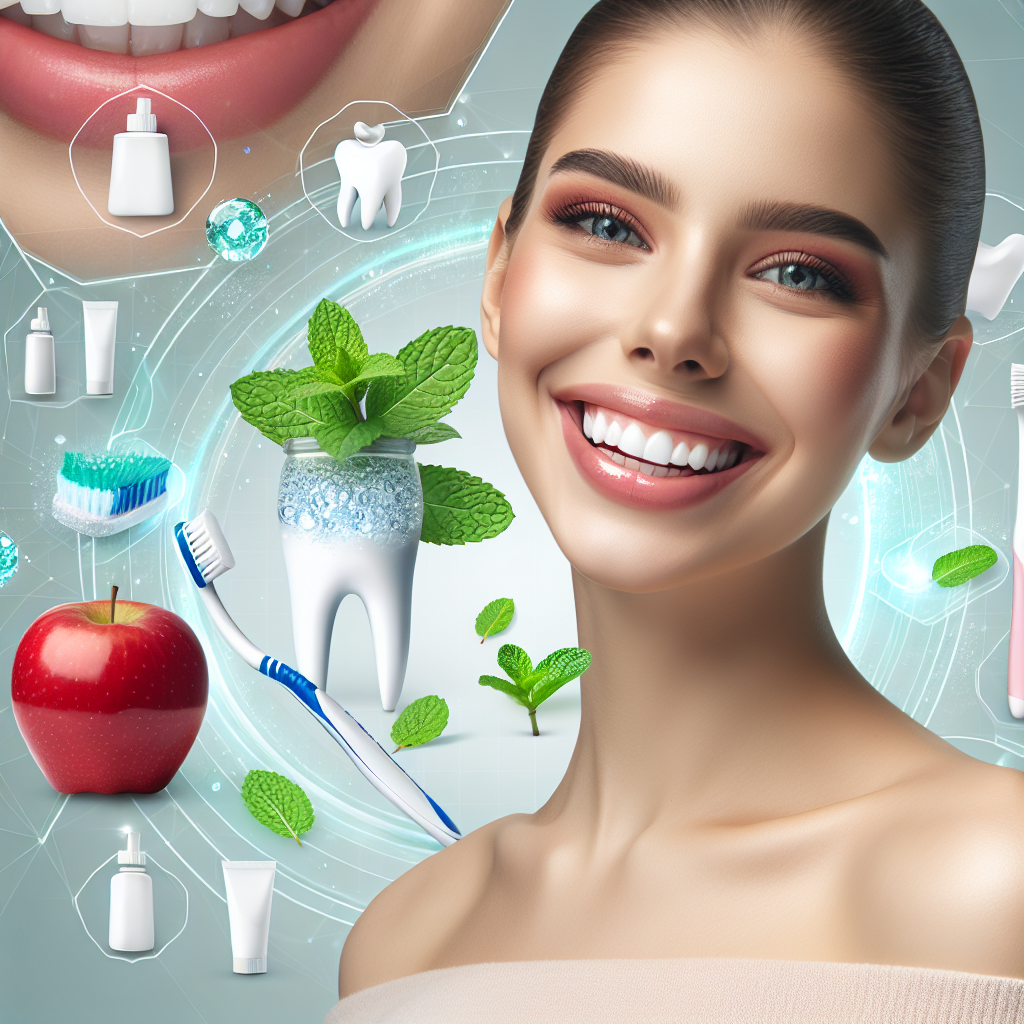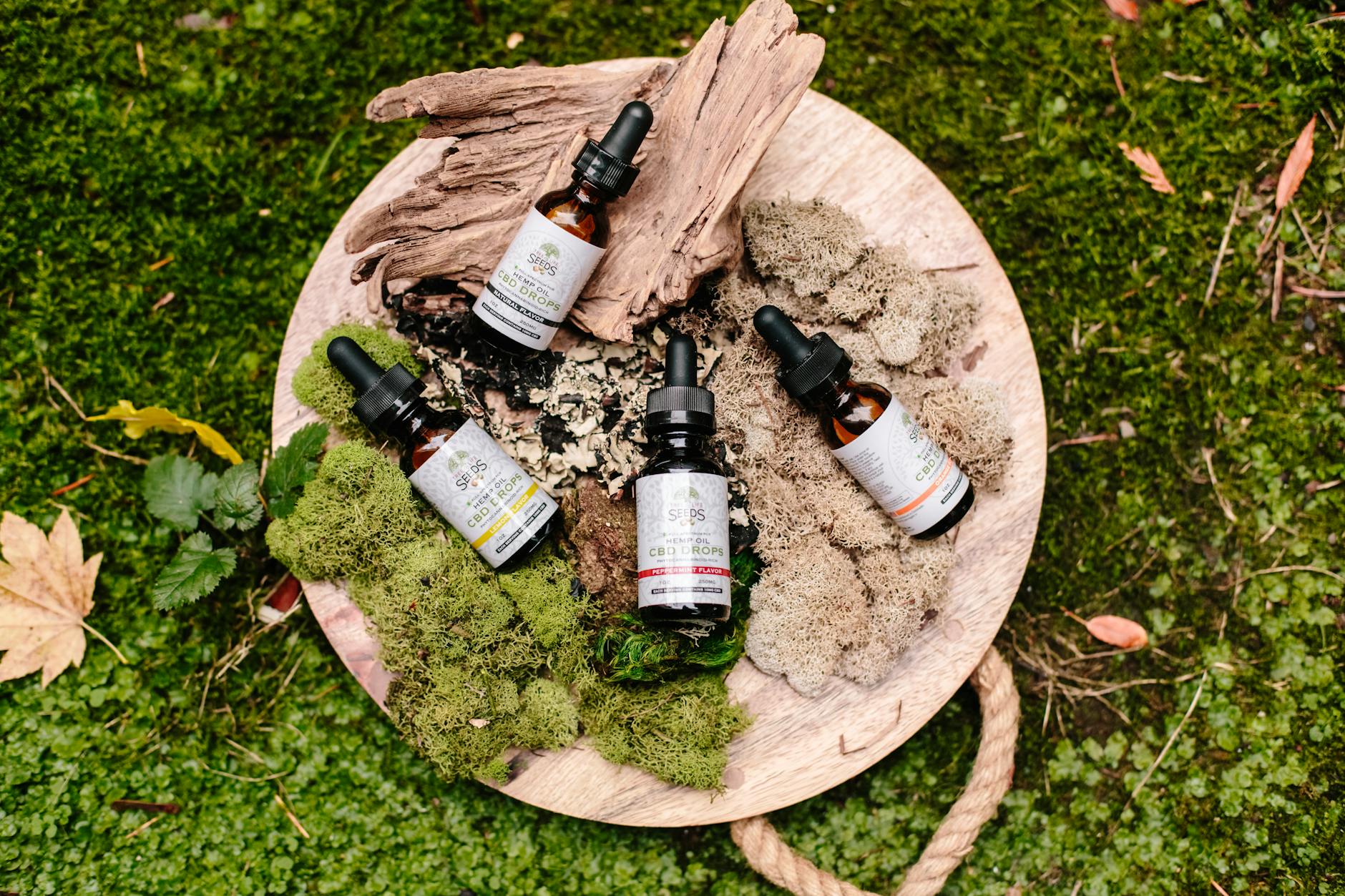Smiling Strong: Your Ultimate Guide to Natural Teeth Health
Maintaining a healthy and radiant smile goes beyond aesthetics; it’s intrinsically linked to overall well-being. Achieving and sustaining “Smiling Strong” teeth requires a multifaceted approach, incorporating diligent oral hygiene practices, a balanced diet, and informed lifestyle choices. This comprehensive guide dives deep into the essential elements for natural teeth health, providing actionable advice and scientific insights.
1. The Pillars of Excellent Oral Hygiene:
The foundation of a healthy smile rests on a solid oral hygiene routine. This involves more than just brushing your teeth twice a day.
- Brushing Technique: The manner in which you brush is critical. Use a soft-bristled toothbrush, ideally angled at 45 degrees to your gum line. Employ gentle, circular motions to effectively clean all surfaces of your teeth and gums. Avoid aggressive scrubbing, which can damage enamel and irritate gums. Brush for a full two minutes, utilizing a timer to ensure thoroughness. Replace your toothbrush every three months, or sooner if the bristles become frayed.
- Fluoride Toothpaste: Fluoride is a naturally occurring mineral that strengthens tooth enamel, making it more resistant to acid attacks from bacteria. Choose a toothpaste containing fluoride, as it helps prevent cavities and remineralize early decay.
- Flossing Regularly: Flossing removes plaque and food particles from between teeth and under the gum line, areas that a toothbrush can’t reach. Daily flossing is crucial for preventing gum disease (gingivitis and periodontitis) and cavities. Use approximately 18 inches of floss, winding most of it around your middle fingers, leaving a few inches to work with. Gently guide the floss between your teeth using a sawing motion, and curve it around each tooth to remove plaque and debris.
- Tongue Scraping: The tongue harbors bacteria that contribute to bad breath and can also impact tooth health. Gently scraping your tongue with a tongue scraper or the back of your toothbrush after brushing removes these bacteria, promoting fresher breath and a healthier oral environment.
- Mouthwash (Optional): While not a substitute for brushing and flossing, an antimicrobial mouthwash can provide an extra layer of protection by reducing bacteria in your mouth. Look for mouthwashes containing fluoride or chlorhexidine (for specific conditions as directed by a dentist) to further support oral hygiene. Rinse for the recommended time (usually 30 seconds) after brushing.
2. The Power of a Tooth-Friendly Diet:
What you eat significantly influences your oral health. Certain foods promote healthy teeth, while others contribute to decay and other problems.
- Limit Sugary and Starchy Foods: Sugars and starches feed the bacteria in your mouth, which produce acids that erode tooth enamel, leading to cavities. Minimize your intake of sugary drinks (soda, juice, sports drinks), processed foods, and candies. Be mindful of hidden sugars in seemingly healthy foods.
- Prioritize Nutrient-Rich Foods: A balanced diet rich in vitamins and minerals is vital for strong teeth and healthy gums. Calcium, found in dairy products (milk, yogurt, cheese), leafy green vegetables (kale, spinach), and fortified foods, strengthens tooth enamel. Vitamin D helps the body absorb calcium. Phosphorus, present in meat, poultry, fish, and dairy, also contributes to enamel strength. Vitamin C, abundant in citrus fruits, helps maintain healthy gums and protects against gum disease.
- Hydrate Wisely: Drinking plenty of water helps rinse away food particles and bacteria, preventing plaque buildup. Water also stimulates saliva production, which neutralizes acids and protects teeth.
- Consider Crunchy Fruits and Vegetables: Certain fruits and vegetables, like apples, carrots, and celery, have a natural abrasive action that helps clean teeth and stimulate saliva flow. They also contain vitamins and minerals beneficial for oral health.
- Limit Acidic Foods and Drinks: Acidic foods and drinks, like citrus fruits, vinegar, and carbonated beverages, can erode enamel. Consume these in moderation and rinse your mouth with water afterwards to neutralize the acid.
- Chew Sugar-Free Gum: Chewing sugar-free gum after meals can stimulate saliva production, helping to neutralize acids and clean your teeth. Look for gum containing xylitol, a sugar substitute that can help inhibit the growth of cavity-causing bacteria.
3. Lifestyle Choices that Support Oral Health:
Beyond diet and hygiene, certain lifestyle factors significantly impact your oral health.
- Avoid Tobacco Products: Smoking and chewing tobacco significantly increase the risk of gum disease, tooth loss, oral cancer, and other serious health problems. Quitting tobacco is one of the best things you can do for your oral and overall health.
- Moderate Alcohol Consumption: Excessive alcohol consumption can dry out the mouth, reducing saliva production and increasing the risk of tooth decay and gum disease. It also increases the risk of oral cancer.
- Manage Stress: Stress can weaken the immune system, making you more susceptible to gum disease. It can also lead to teeth grinding (bruxism), which can damage teeth and jaw joints. Practice stress-reducing techniques, such as exercise, meditation, or yoga.
- Protect Your Teeth During Sports: If you participate in contact sports, wear a mouthguard to protect your teeth from injury.
- Address Dry Mouth: Dry mouth (xerostomia) can increase your risk of tooth decay and gum disease. Stay hydrated, and talk to your dentist about treatments or medications if you experience dry mouth. It can be a side effect of certain medications.
4. Professional Dental Care: Your Partner in Oral Health:
Regular dental checkups and cleanings are crucial for maintaining optimal oral health.
- Routine Dental Examinations: Visit your dentist at least twice a year for a comprehensive examination. Your dentist will check for cavities, gum disease, and other potential problems. They may also take X-rays to detect issues that are not visible to the naked eye.
- Professional Teeth Cleaning: During a cleaning, your dentist or hygienist will remove plaque and tartar (hardened plaque) from your teeth. Tartar cannot be removed by brushing and flossing alone. Professional cleanings help prevent gum disease and cavities.
- Address Dental Problems Promptly: Early detection and treatment of dental problems, such as cavities and gum disease, can prevent them from worsening and leading to more serious complications. Don’t delay seeking dental care if you experience tooth pain, bleeding gums, or other oral health issues.
- Consider Fluoride Treatments: If your dentist recommends it, fluoride treatments can help strengthen your enamel and reduce your risk of cavities.
- Discuss Your Concerns: Don’t hesitate to discuss any concerns you have about your oral health with your dentist. They can provide personalized advice and guidance to help you maintain a healthy and radiant smile. They can also provide insight into cosmetic options, if desired, for those with specific needs.
By consistently implementing these strategies, you can cultivate “Smiling Strong” teeth, promoting both oral and overall well-being. Remember, a healthy smile is an investment in your future.
Discover more from NatureZen Market
Subscribe to get the latest posts sent to your email.











